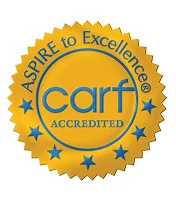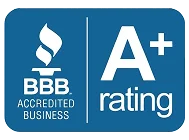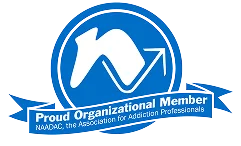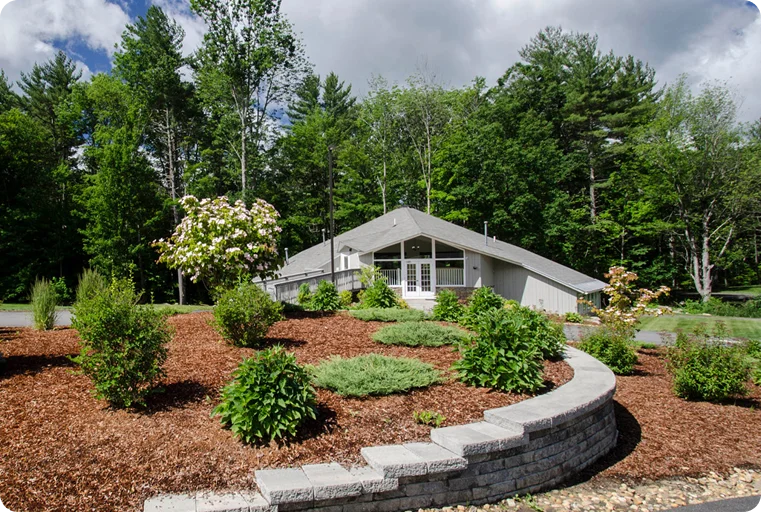Home / Inpatient Mental Health Treatment Program / Comprehensive Insights Into Schizoaffective Disorder
Schizoaffective Disorder Treatment
Granite Recovery Centers provides specialized schizoaffective disorder treatment that addresses both psychosis and mood symptoms. Our program combines evidence-based therapies, stabilization strategies, and skills development to improve daily functioning.





Understanding Schizoaffective Disorder
Schizoaffective disorder includes symptoms of schizophrenia (such as hallucinations, delusions, and disorganized thinking) alongside mood episodes that are depressive or manic. Key facts:
- There are two subtypes: bipolar with mania or hypomania episodes, and depressive with major depression
- It’s often misdiagnosed due to symptom overlap with schizophrenia and bipolar spectrum conditions
- Most cases begin in early adulthood, and the clinical markers may persist across your lifespan
Diagnosis involves psychiatric evaluation, medical history, and review of manifestations. No single test can confirm the disorder.

Choosing Granite Recovery Centers
Integrated treatment:
Addresses mental health and addiction together for lasting recovery
Expert-led therapies:
We use CBT, DBT, EMDR, and motivational interviewing used in care plans
Full continuum:
From medical detox through outpatient programs with ongoing support
Life skills and family care:
Training, counseling, and alumni networks for continued stability

Symptoms and Challenges of Schizoaffective Disorder
Common signs include:
- Hallucinations: Visual, auditory, or sensory perceptions that seem real but are not, such as hearing voices or seeing things.
- Delusions: Strongly held false beliefs that may be possible, like suspicion of betrayal, or impossible, like believing one can fly.
- Mood changes: Episodes of depression, anxiety, mania, or irritability that can last days or weeks and disrupt daily life.
These symptoms can disrupt relationships, impact work and school performance, limit self-care, and affect your ability to function daily. Without intervention, stigma and isolation can worsen the condition.
Impact on Daily Life
Schizoaffective disorder may affect:
Hygiene and self-care needed for physical and mental health
Consistent performance in employment or educational programs
Ability to manage finances, bills, and personal obligations
Stability in relationships, friendships, and emotional connections
Shifts in your emotional state can be sudden and intense, making routines hard to maintain.
Granite Recovery Centers’ Treatment Approach
Our care model addresses symptom relief and long-term recovery.
Specialized Therapeutic Interventions
- Cognitive-behavioral therapy (CBT): Helps identify and replace negative thought patterns with healthier patterns.
- Dialectical behavior therapy (DBT): Builds emotional regulation, communication, and mindfulness skills.
- Medication management: Antipsychotics for psychosis, plus mood stabilizers or antidepressants for emotional balance.
Holistic Care
Granite Recovery Centers takes a whole-person approach to treatment. You’ll get integrated therapy and medication alongside wellness activities, nutrition support, and movement-based programs. We also connect you with peer groups and family involvement opportunities.
Medications for Schizoaffective Disorder
Medical management may involve:
- Antipsychotics to help reduce hallucinations and delusional thinking
- Mood stabilizers to help control manic or depressive episodes
- Antidepressants to help improve mood, focus, and daily functioning
Our specialists personalize medication plans to reduce side effects and meet your goals.

Success Stories
My name is Jan and have been to Green Mountain Rehab and it did wonders for me. The staff there are wonderful,always available for you. The groups were very informative, I learned alot. The food was great. The place is beautiful over looking great scenery.
-J.J.
The most caring recovery team that works there. Awesome accomodations. All around though really good program. First time to rehabilitation center and was my favorite stop on my recovery road. Glad I choose to go there.
-B.B.
Green Mountain Treatment Center saved my life. I was sick and scared when I arrived, but the transformation that occurred for me during the 80 days I spent on the mountain was nothing short of a miracle.
-C.

Getting Help Today
Schizoaffective disorder requires ongoing care. With early diagnosis, the right medication, and consistent therapy, many people lead fulfilling lives.
What to keep in mind:
Two main types: bipolar type and depressive type
Symptoms involve both psychosis and mood instability
Medication and therapy work best when used together
Peer and family involvement support ongoing recovery
Early treatment helps prevent long-term complications
Schizoaffective Disorder FAQs
What is schizoaffective disorder?
Schizoaffective disorder is a mental health condition combining symptoms of psychosis, like hallucinations and delusions, with mood disorders, such as depression or mania.
What are the main types of schizoaffective disorder?
- Bipolar type: manic or hypomanic episodes plus psychosis
- Depressive type: major depression plus psychosis
How is schizoaffective disorder treated?
Treatment includes antipsychotic medications, mood stabilizers or antidepressants, psychotherapy, and peer support.
Who treats schizoaffective disorder?
Specialists include psychiatrists, psychiatric nurse practitioners, psychologists, and licensed therapists experienced in complex disorders.
Can you recover from schizoaffective disorder?
While it’s a lifelong condition, many people achieve stability with treatment, coping strategies, and consistent support.
Contact Us to Get the Help That You Need
